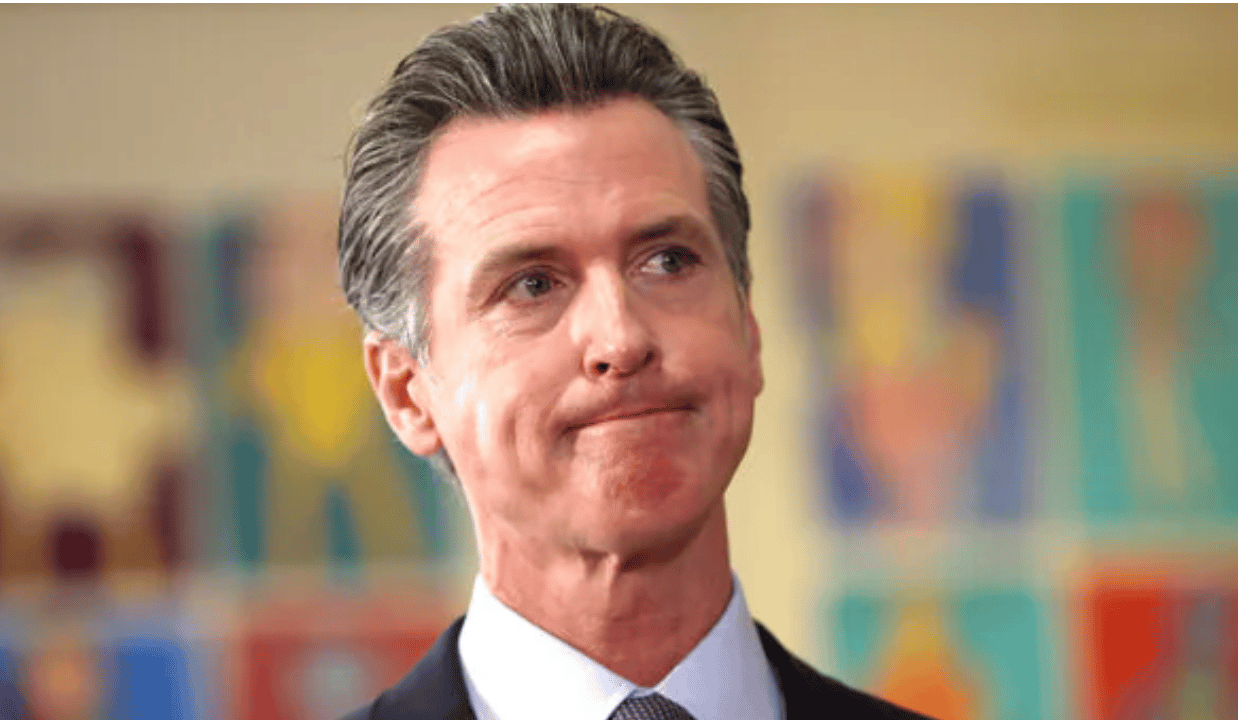In an open letter Wednesday, California Gov. Gavin Newsom took his offensive against Republican-controlled states banning abortion to Hollywood, calling on studios to pull out of Georgia’s lucrative film industry and bring productions back to the Golden State.
“Together, we built a creative community that includes unrivaled casts, crews, craftspeople, infrastructure and technology. Robust tax credits and incentives. The best culture,” Newsom wrote. “Most importantly, we share your values. So now, it is time to choose.”
Newsom, who last month bought ad time in Florida to attack Gov. Ron DeSantis following the Supreme Court’s overturning of Roe v. Wade, has joined in the calls for a boycott of Georgia and other major production hubs where abortion has been severely curtailed or outright banned. The boycott murmurs began percolating in 2019, when Georgia lawmakers passed a bill banning abortions after a fetal heartbeat could be detected.
Not all Democrats support such a boycott. Georgia gubernatorial candidate Stacey Abrams has voiced her opposition to it, arguing that it would damage the livelihoods of tens of thousands of Georgians who work in the entertainment industry, many of which are opposed to abortion bans.
But for Newsom, the attacks against Republicans from other states dovetails with California’s dogged competition for film and TV shoots, which in recent years has triggered a race to build tax incentive programs that will lure studios to shoot on their soundstages and on-location environments.
Currently, California lawmakers are trying to finish work on a five-year extension of the California Film & TV Tax Credit Program, which got a boost last year thanks to a state budget surplus and which would be extended from 2025 to 2030 if passed. Films like Jordan Peele’s “Nope” and Greta Gerwig’s upcoming “Barbie” have received tax credits through this program by filming in California, and the state hopes to expand its capacity for film and TV shoots with its recent program to increase construction of soundstages through a $150 million tax credit program
(Excerpt) Read more in: The Wrap





